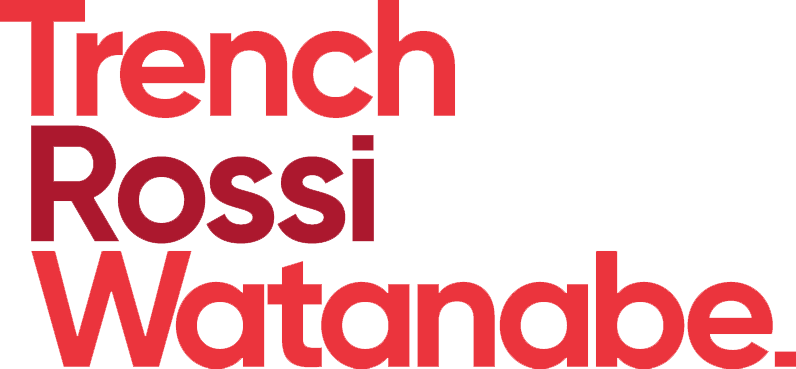In brief
President Jair Bolsonaro signed provisional measure (PM) No. 1.068/2021 on 6 September 2021, amending the Brazilian Internet Legal Framework, which regulates the use of the internet in Brazil. The PM does not apply to messaging and mobile commerce apps, establishes “rights and guarantees” for users of social networks, and defines rules for content moderation.
The Internet Legal Framework currently stipulates that application providers are free to remove content that violates their terms of use, and may only be held liable for not removing it if they fail to comply with a court order that identifies the specific content. In contrast, the PM indicates that there must be a fair reason and motivation for the “cancellation or suspension of features of accounts or profiles” or for content to be taken down.
The PM provides the following different scenarios, among others, in which there would be fair reason for the exclusion, cancellation or suspension of the account or profile: user’s lack of payment; accounts created for the purpose of assuming or impersonating the identity of third parties to mislead the public; accounts that offer products or services that violate patent, trademark, copyright, or other intellectual property rights; and compliance with a court order.
In the case of exclusion, suspension or blocking of dissemination of specific content, a fair reason will occur in the following scenarios: violations of the Child and Adolescent Statute; nudity or explicit or implicit representations of sexual acts; committing, supporting, promoting or inciting crimes against life; pedophilia; terrorism; trafficking; practice, support, promotion or incitement to acts of threat or violence, including reasons of discrimination or prejudice based on race, color, sex, ethnicity, religion or sexual orientation; request from the offended party, their legal representatives or their heirs, in the event of violation of intimacy, privacy, image, honor, protection of their personal data or intellectual property; compliance with a court order, among others.
The PM also creates a specific procedure to be adopted by social networks to remove content, determining that the user must be notified of the exclusion, cancellation or suspension, in whole or in part, of the services and functionalities of their account or profile. Such notification, which may occur by electronic means, must be given prior to or concomitantly with the measure adopted by the platform, and must provide the motivation for the decision and information on deadlines, electronic communication channels and procedures for the response, and possible review by the application provider.
The PM stipulates a period of 30 days for social networks to adapt their policies and terms of use to the new rules. The PM also provides administrative sanctions in case of noncompliance with its rules, including warnings, fines of 10% of the companies’ revenues, and even the suspension and prohibition of specific activities.
Different lawsuits have been filed before the Supreme Court to declare such PM unconstitutional, with preliminary injunction requests to suspend its effects. On 8 September, Reporting Justice Rosa Weber rendered a decision summoning President Bolsonaro, the General Attorney’s Office and the Federal Prosecutor’s Office to provide information within 48 hours (to be counted from their summoning). Several entities are also pressuring the President of the Congress to return the PM to the President, on the basis of noncompliance with the formal requirements.
Our team is available for any questions you may have.

*In cooperation with Trench Rossi Watanabe, a Brazilian law firm.



